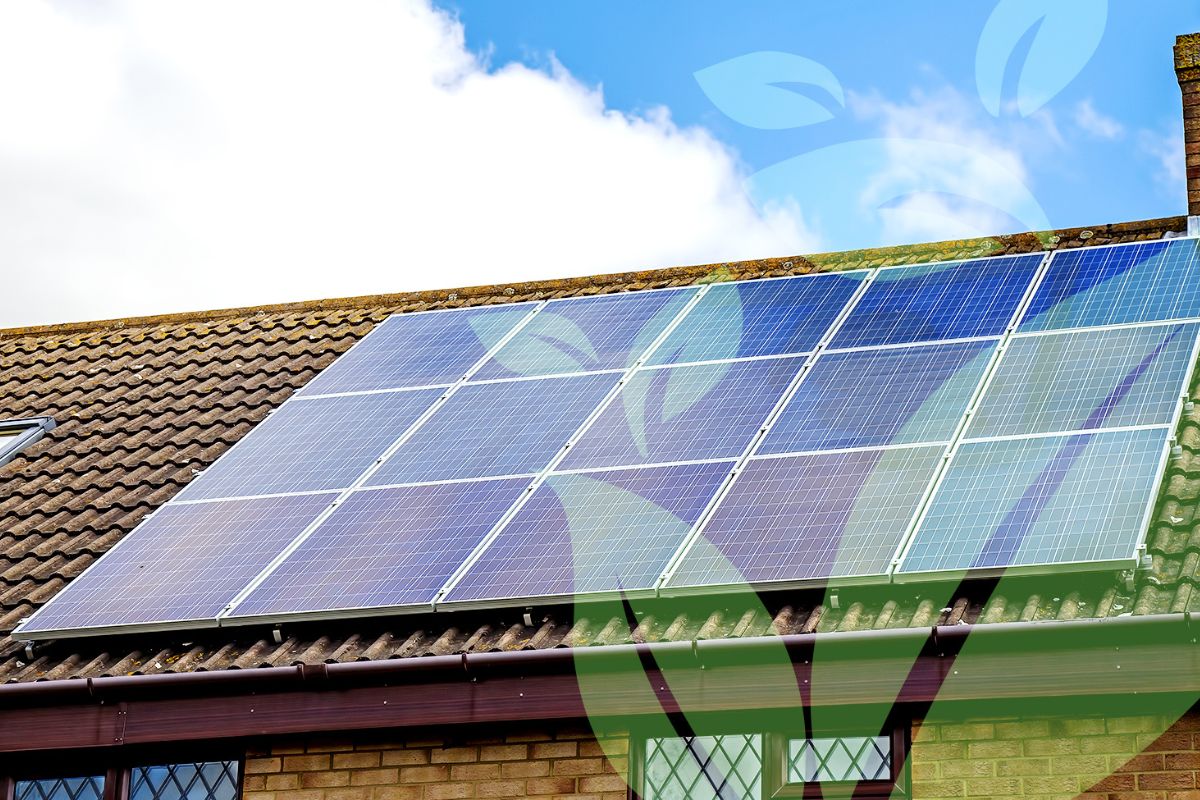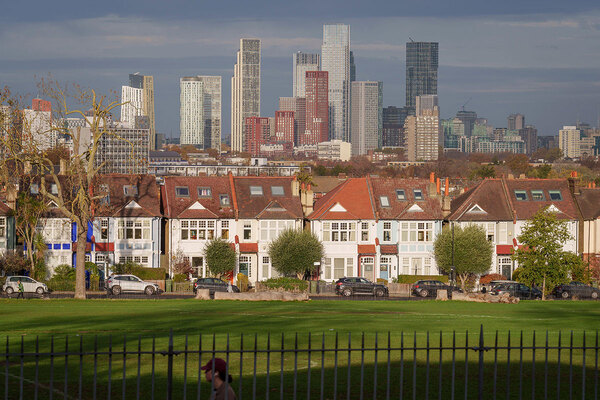LHC - A deep dive into PAS 2030 and 2035
In the realm of energy efficiency and building standards in the UK, PAS 2030 and PAS 2035 are critical. They provide guidelines and requirements for the installation of energy efficiency measures and the retrofit of buildings.
All retrofit measures funded by the Social Housing Decarbonisation Fund (SHDF) are required to comply with PAS 2035. Clients are therefore seeking contractors that have the skills, competency and resources to deliver retrofit works that meet this standard.
Following a public consultation carried out in early 2023, the British Standards Institution (BSI) published the updated PAS 2035/2030:2023 standards on 28 September 2023. These will build upon the existing standards by better reflecting national policy, setting new requirements – including around moisture in buildings – and providing clarity surrounding the role of a retrofit coordinator.
In the meantime, the 2019 standards will remain live until 30 March 2025.
What is PAS 2030?
PAS 2030:2019 is a publicly available specification that sets out the requirements for the installation of energy efficiency measures in existing buildings. This standard covers various aspects, including:
- Installation process: Ensuring that installations are carried out correctly and to a high standard.
- Skills and training: Specifying the qualifications and competencies required for installers.
- Customer service: Establishing standards for customer interaction and service delivery.
- Quality management: Outlining requirements for quality management systems to ensure consistent and reliable performance.
The aim of PAS 2030 is to ensure that energy efficiency installations are performed to a high standard, thus increasing the overall effectiveness and reliability of these measures.
What is PAS 2035?
PAS 2035:2019, on the other hand, is a specification that addresses the holistic approach to retrofitting dwellings for improved energy efficiency. It was developed as part of the government’s Each Home Counts review and is designed to complement PAS 2030.
Key components of PAS 2035 include:
- Assessment: Comprehensive assessment of the building, including energy performance, condition, and occupancy.
- Design: Creation of a retrofit design that considers the whole building and its context.
- Risk management: Identification and management of risks associated with retrofit projects.
- Monitoring and evaluation: Ongoing monitoring and evaluation to ensure that retrofits meet their intended outcomes.
PAS 2035 adopts a ‘Whole House’ approach, prioritising improvements to the building envelope before considering other measures like heating and ventilation. This ensures a more effective and sustainable retrofit process.
The importance of PAS 2030 and PAS 2035
Both PAS 2030 and PAS 2035 are essential for several reasons:
- Quality assurance: They provide a framework for ensuring high-quality installations and retrofits, reducing the risk of failures and improving customer satisfaction.
- Resident protection: By setting clear standards for work quality and customer service, these specifications protect occupants from substandard work and fraudulent practices.
- Environmental impact: Improved energy efficiency in buildings leads to reduced carbon emissions and energy consumption, contributing to environmental sustainability.
- Industry standardisation: They promote standardisation within the industry, ensuring that all practitioners adhere to the same high standards.
- Government programs: Compliance with PAS 2030 and PAS 2035 is often a requirement for participation in government-funded energy efficiency schemes, including the SHDF as mentioned above.
Steps to achieve PAS 2030 and PAS 2035 accreditation
Achieving accreditation involves several steps:
- Training and qualification: Installers and retrofit coordinators must undergo training and obtain the necessary qualifications.
- Quality management system: Implementing a robust quality management system that complies with the standards outlined in PAS 2030 and PAS 2035.
- Certification: Obtaining certification from an accredited body. This process includes an assessment of the installer’s processes and systems to ensure compliance with the standards.
- Continuous improvement: Maintaining accreditation requires ongoing adherence to the standards and continual improvement of practices and processes.
PAS 2030 and PAS 2035 are pivotal in driving the quality and effectiveness of energy efficiency measures and building retrofits in the UK. By adhering to these standards, installers and retrofit coordinators can ensure that their work meets high-quality benchmarks, ultimately benefiting consumers and the environment alike. For homeowners and building owners, choosing accredited professionals provides peace of mind and contributes to the long-term sustainability of their properties.
How LHC can support suppliers with PAS accreditation
All suppliers on our upcoming Retrofit and Decarbonisation (N9) framework will need to be either already accredited or committed to gaining the accreditation while on the framework.
Crucially, LHC’s team of trusted advisors will support suppliers through the accreditation journey to achieve the required standard within two years of joining the framework. Don’t be put off from applying if you have an interest in becoming an appointed company but aren’t yet compliant.
We have a dedicated team of experts who operate from our centre of technical excellence and can guide contractors through the process.
To learn more the LHC Retrofit and Decarbonisation (N9) framework, click here
Nick Beard is a technical manager with LHC



